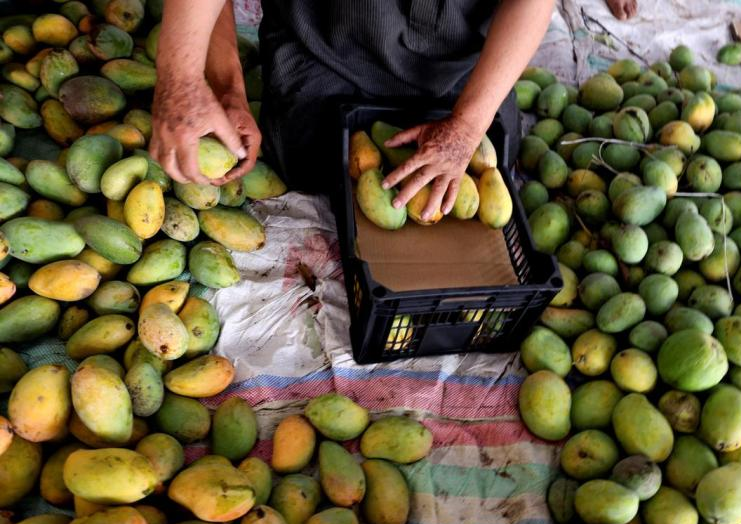
Two latest clinical studies in India have shown that replacing carbohydrates (such as bread) with a moderate amount of mangoes in the diet not only does not worsen type 2 diabetes, but may also improve blood sugar control, insulin resistance and overall metabolic health. This discovery challenges the long-standing traditional belief that "diabetic patients should avoid eating mangoes".
The BBC reports that according to data from the International Diabetes Federation, over 90% of global diabetes cases are type 2 diabetes. India is the hardest-hit area, with 77 million adults suffering from the disease and another 25 million at high risk of prediabetes.
A trial to be published in the European Journal of Clinical Nutrition shows that among 95 subjects, the glycemic response of three common Indian mango varieties in a two-hour blood glucose test was even lower than that of white bread. Further continuous blood glucose monitoring also found that the postprandial blood glucose fluctuation range of diabetic patients was significantly reduced after consuming mangoes.
The first author of the study, Suganda Kaihar, pointed out: "Mangoes have long been misunderstood for potentially raising blood sugar and weight, but our research shows that moderate consumption within a prescribed diet is not only harmless but may also be beneficial."
Another study conducted by the Fortis C-DOC Center in Delhi further strengthened this conclusion. This study invited 35 patients with type 2 diabetes to replace their breakfast bread with 250 grams of mangoes for eight weeks. After that, their fasting blood glucose, glycated hemoglobin, insulin resistance, weight, waist circumference and "good cholesterol" (HDL) all improved.
These indicators are the core criteria for measuring diabetes control and metabolic health. Anupu Misra, the lead researcher, said: "We have for the first time demonstrated through detailed research the benefits of low-dose mangoes replacing carbohydrates, clarifying all the speculation that mangoes are harmful to metabolism." But the key lies in moderation and medical supervision, rather than unlimited consumption of mangoes.
So, how can one eat in moderation? Misra explained: "If the daily calorie limit is 1,600 calories, then the calories from mangoes must be included in the total, not added extra." A 250-gram small mango contains approximately 180 calories and should be replaced with an equivalent amount of carbohydrates to gain benefits."
In addition, if the patient's blood sugar is well controlled, they can consume half a mango (about 15 grams of carbohydrates) between meals each day, and combine it with protein or fiber. They should avoid eating it with high-sugar forms such as fruit juice or milkshakes.

According to a recent report by Rich Asplund, a columnist for Barchart, the global sugar market is currently experiencing a complex and profound supply-demand game.
According to a recent report by Rich Asplund, a columnist f…
On January 13th local time, the three major US stock indice…
Recently, the 2026 edition of the MIT Technology Review lis…
On January 15, 2026, the US military announced the seizure …
At the 2026 J.P. Morgan Healthcare Conference, a joint anno…
For much of 2025, the market was rethinking whether the dol…